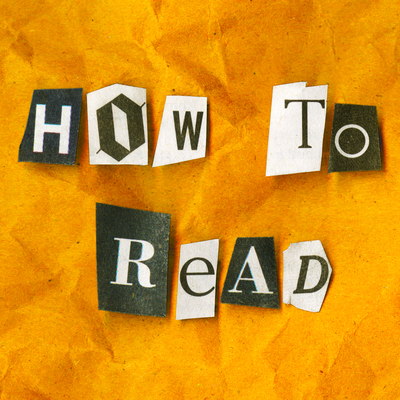During the Cold War, the US and Chinese governments didn’t drop bombs on each other, but they did drop translated works of literature. In fact, national governments put a lot of effort into creating translations that covertly served their political agendas. In the case of the US, this meant emphasizing values like freedom and self-reliance, with which they hoped to win the hearts and minds of Chinese readers. But while propaganda is meant to convey one simple message, Lamyu Maria Bo argues that literature can’t be reduced to a single meaning – and meanings multiply even more in translation.
Tag: writing
We tend to think of literature as something that’s written down. But Martin Puchner is interested in cases where the spoken word precedes, coexists with or even comes after the written word. From Ancient Greece to medieval Mali to Stalinist Russia, he explores why certain literary artists have preferred speech to writing. By understanding why and when these artists relied on speech, Martin argues that we can better appreciate their written works too.
